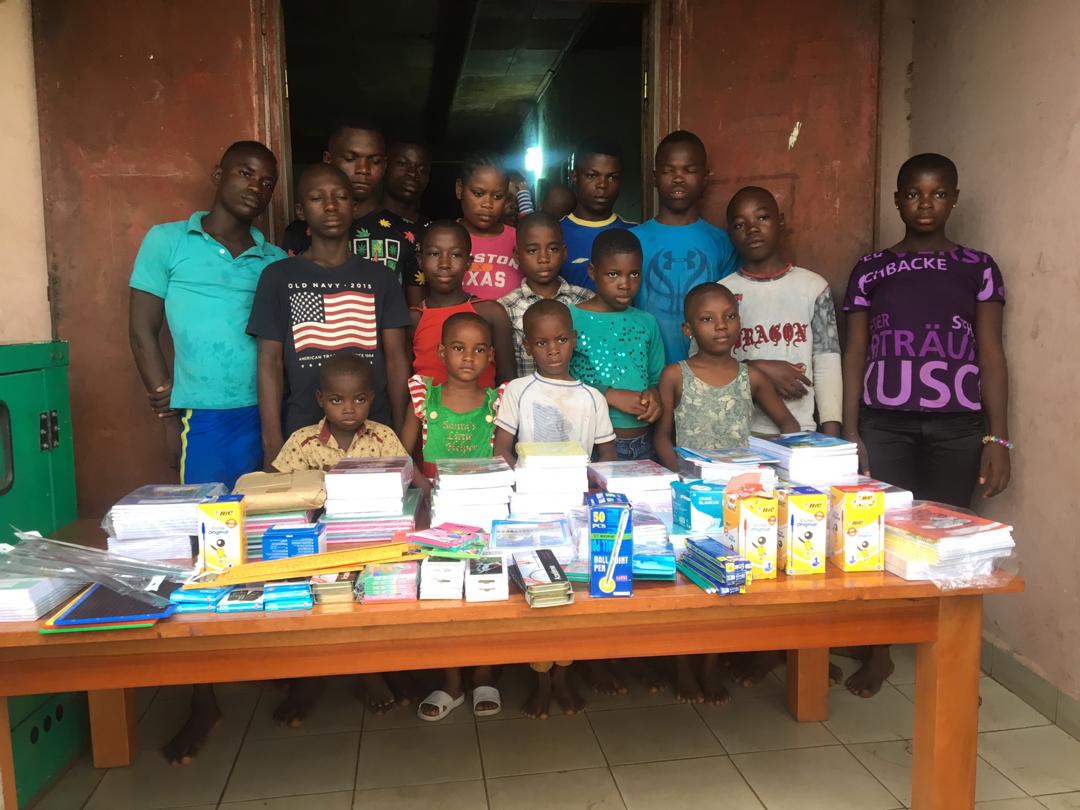
From Vision to Action: How Multi-Purpose Projects Are Powering Sustainable Development Across Cameroon
In recent years, Cameroon has become a compelling example of how vision, collaboration, and action can converge to spark transformative change. With the adoption of the United Nations Sustainable Development Goals (SDGs) in 2015, there emerged a critical realization — sustainable progress cannot be achieved through fragmented efforts. In response, multi-purpose projects have gained momentum across the country, spearheading integrated solutions to interconnected challenges in health, education, environment, economic development, and human rights. These initiatives are not just ideas on paper; they are tangible forces reshaping the future of communities across Cameroon.
What Are Multi-Purpose Projects?
Multi-purpose projects are development initiatives that aim to achieve multiple objectives within a single framework. Instead of focusing on a single issue — such as clean water or literacy — these projects integrate various developmental themes like renewable energy, sustainable agriculture, education, gender equality, and community health to create synergistic impact. This integrated model of development is particularly powerful in Cameroon, where diverse challenges intersect and affect vulnerable populations in multifaceted ways.
The Journey Begins: From SDGs to Community Impact
Following the global adoption of the SDGs in 2015, Cameroon experienced an urgent call to rethink how development projects are designed and implemented. Between 2016 and 2018, the Multi-purpose Projects for Sustainable Development Association (MUSUD) and other community-driven organizations began forming strategic alliances aimed at tackling overlapping issues — poverty, climate change, poor access to healthcare and education — in a unified manner.
These associations became vital connectors, bringing together local leaders, international donors, NGOs, private enterprises, and government agencies under a shared mission: to build inclusive, resilient, and self-sustaining communities.
Key Pillars of Action: Empowering Cameroon from the Ground Up
1. Education and Literacy
Education has consistently ranked as a priority across MUSUD’s initiatives. In 2024 alone:
-
Over 200 children benefited from after-school tutoring programs.
-
Adult literacy workshops were organized, helping illiterate individuals pass basic exams.
-
Scholarships enabled 25 students to pursue secondary and vocational education.
These efforts not only empower individuals academically but also increase their capacity to participate actively in community development.
2. Health and Sanitation
Health is foundational to sustainable development. To that end:
-
MUSUD hosted 12 free health clinics for over 1,000 residents.
-
Community-wide sanitation campaigns resulted in the installation of 50 public toilets and the distribution of 200 hygiene kits.
-
Health awareness workshops helped 500 residents improve their understanding of nutrition, hygiene, and mental wellness.
These efforts helped reduce waterborne diseases by 30%, significantly improving the overall health and productivity of the communities.
3. Economic Empowerment
Sustainable livelihoods are a cornerstone of long-term development. MUSUD provided:
-
Grants to 30 entrepreneurs, resulting in the creation of 60 new jobs.
-
Microloans to 50 women-led businesses, boosting their profitability by 25%.
-
Training for 100 farmers in eco-friendly practices, resulting in improved yields and soil health.
By addressing economic development alongside education and health, these initiatives ensure a well-rounded approach to community transformation.
4. Infrastructure and Renewable Energy
Recognizing the importance of infrastructure, MUSUD:
-
Renovated a community center that now serves over 3,000 people as a hub for healthcare, learning, and recreation.
-
Built a network of pedestrian pathways, reducing travel time for over 1,000 households.
-
Installed solar-powered street lighting, enhancing safety and access in key public spaces.
These improvements not only create safer, more functional environments but also promote environmental sustainability.
Embracing Innovation: Digital and Technological Integration
Since 2023, MUSUD and its partners have expanded the integration of digital tools into their projects:
-
Data-driven agriculture is helping farmers make informed decisions.
-
Solar-powered microgrids are lighting up off-grid communities.
-
Mobile education platforms are reaching students in remote areas with little access to traditional schooling.
Technology is proving to be a powerful equalizer, helping to overcome logistical and infrastructural barriers in rural areas.
Resilience Amid Crisis: Navigating Conflict and Pandemic
Cameroon’s Southwest and Northwest regions have faced significant political instability, compounded by the global COVID-19 pandemic. Yet, despite funding constraints and accessibility challenges, MUSUD has remained steadfast. Adaptability, local leadership, and grassroots engagement have allowed the organization to pivot effectively, ensuring ongoing support for vulnerable populations.
Looking Ahead: Ambitions for 2025 and Beyond
MUSUD’s roadmap for the future is grounded in optimism and unwavering commitment. Upcoming priorities include:
-
Expanding educational access to 500 more children and adults.
-
Rolling out mental health programs.
-
Launching new initiatives focused on climate change, biodiversity preservation, and rehabilitation of marginalized communities.
-
Strengthening alliances with governmental and non-governmental partners to scale impact nationally.
Conclusion: A Model Worth Replicating
From vision to action, Cameroon’s multi-purpose projects are a shining example of how locally rooted, multi-sectoral development models can create lasting, sustainable impact. Organizations like MUSUD are proving that real change comes from holistic, inclusive, and community-centered approaches.
As the country continues to tackle complex challenges, the momentum behind these integrated projects holds immense promise—not just for Cameroon, but as a blueprint for sustainable development across Africa and beyond.

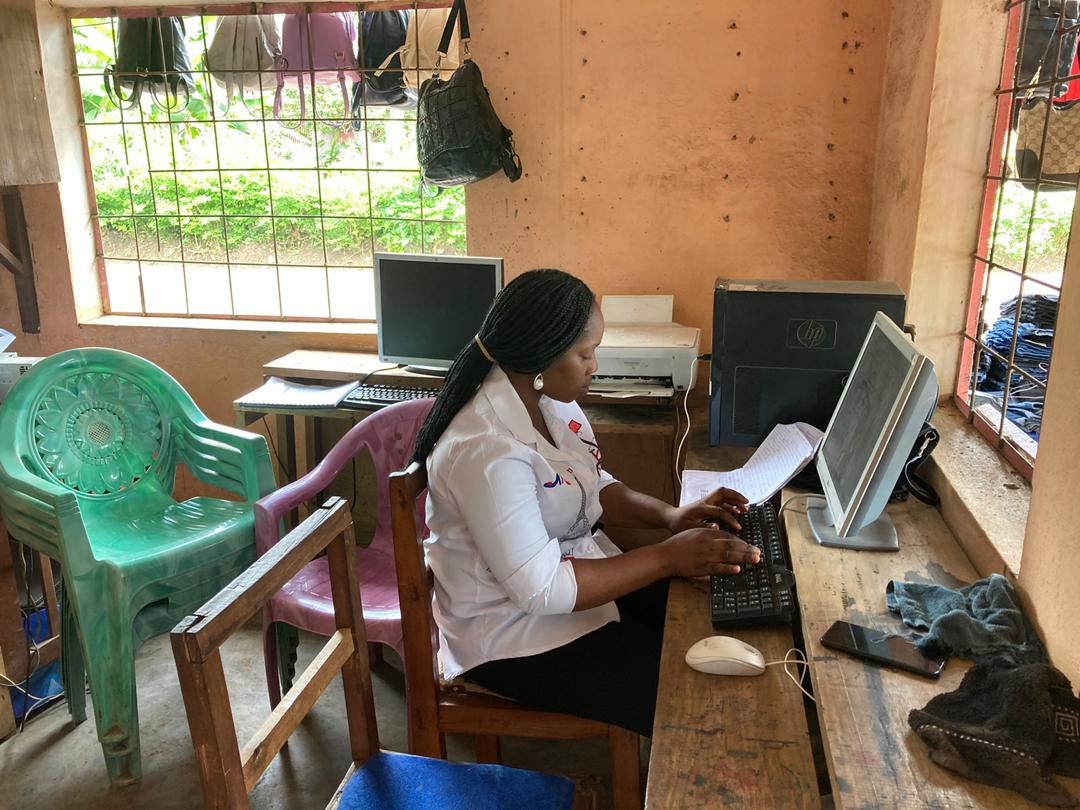
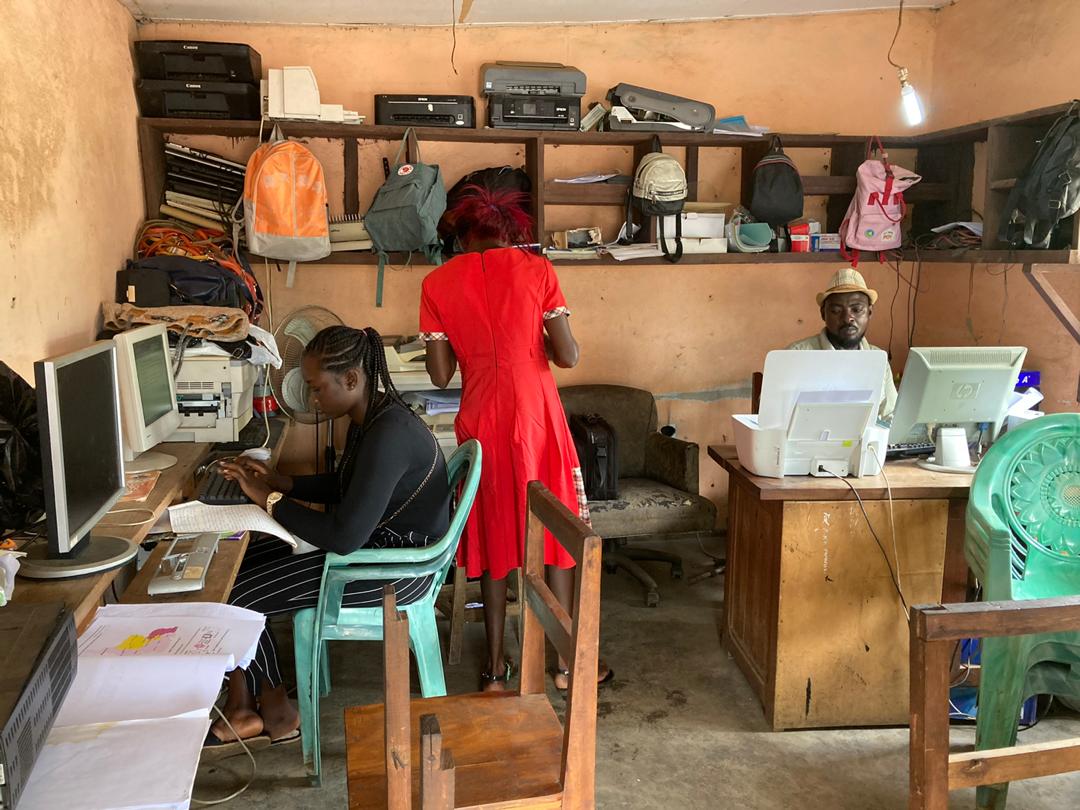
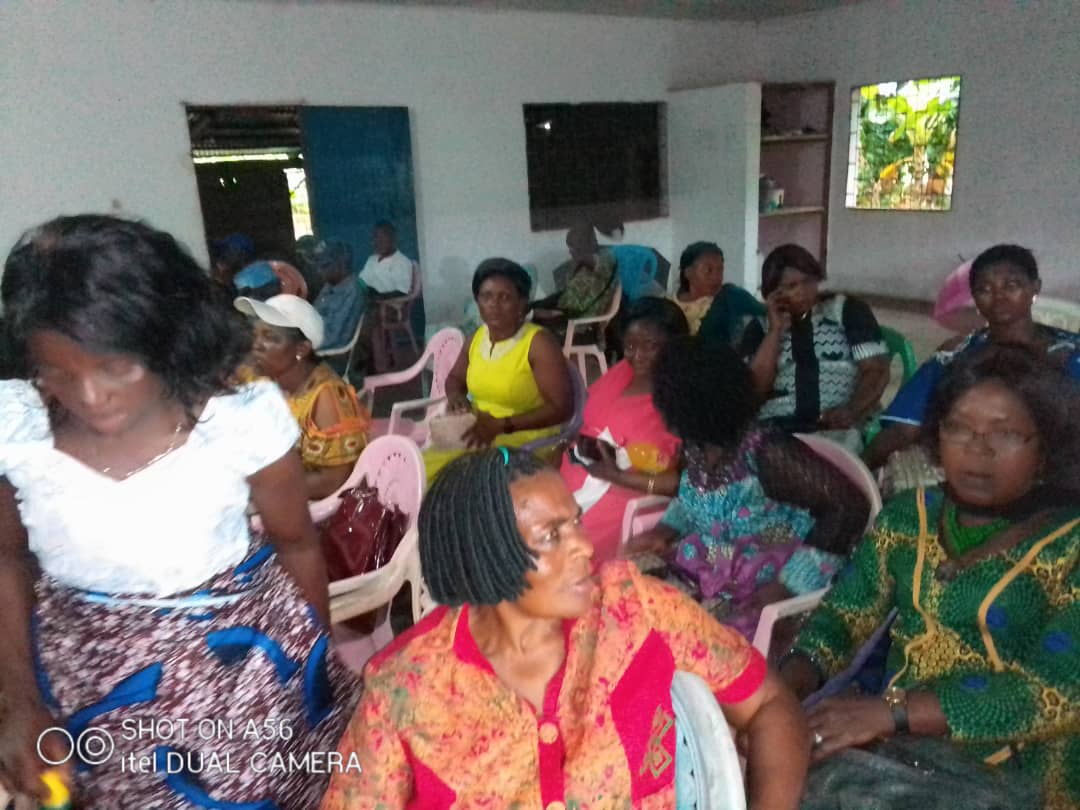
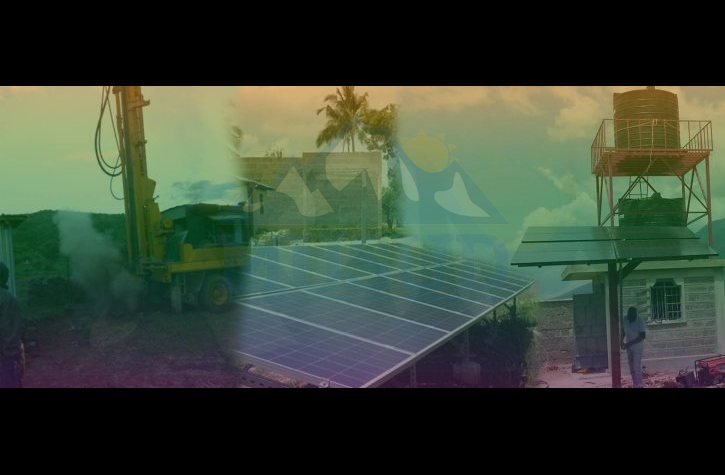
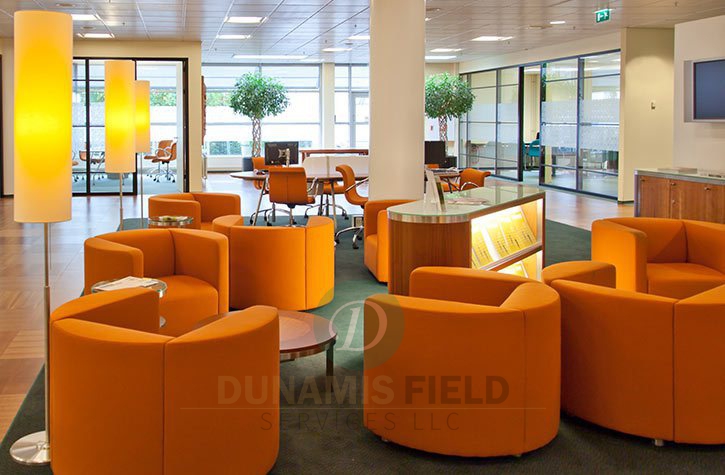

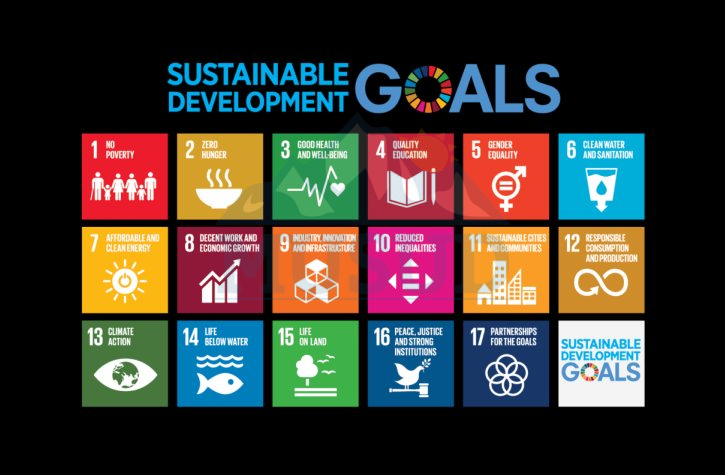
Comments on Post